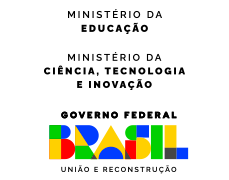Efforts to increase female participation in science
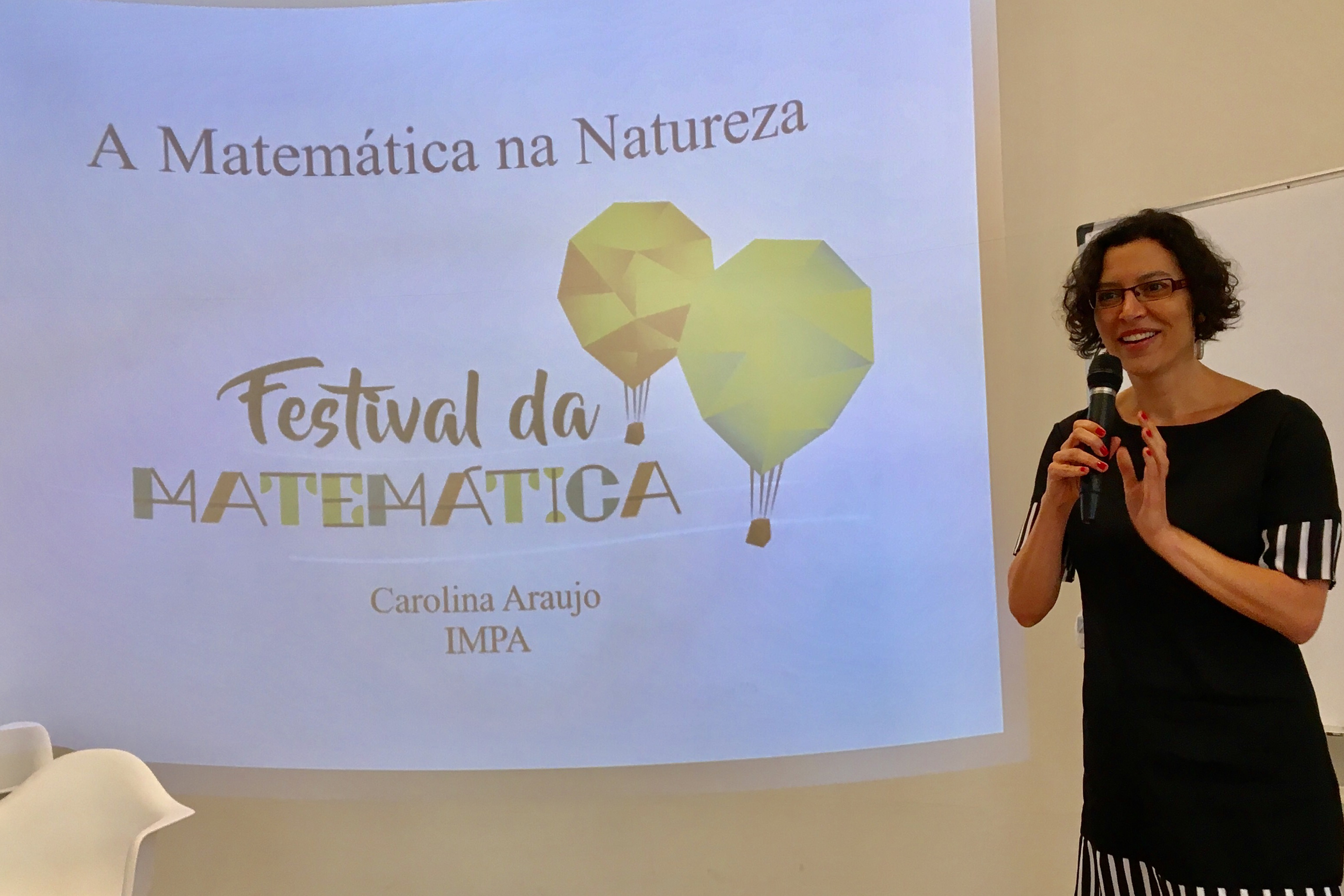
Carolina Araujo is one of the organizers of World Meeting for Women in Mathematics 2018
* The text below is part of the dossier presented by Brazil to apply for Group 5 of the International Mathematical Union, which integrates the elite countries of the world mathematics
The history of women in mathematics research in Brazil had its start around 70 years ago. The first woman to obtain a doctoral degree in mathematics was Marília Chaves Peixoto, in 1948, followed by two other pioneers in the field, Maria Laura Mouzinho Leite Lopes and Elza Furtado Gomide, who graduated in 1949.
Read more: Brazil among the elite of mathematical research
Brazil produces 2,4% of the world’s mathematical research
Brief history of Mathematics in Brazil
Despite this late start, the country’s current statistics about women in mathematics are quite reasonable when compared with those of many European or North American countries. Women constitute about 42% of the starting undergraduate students in mathematics and around 48% of those who finish the degree.
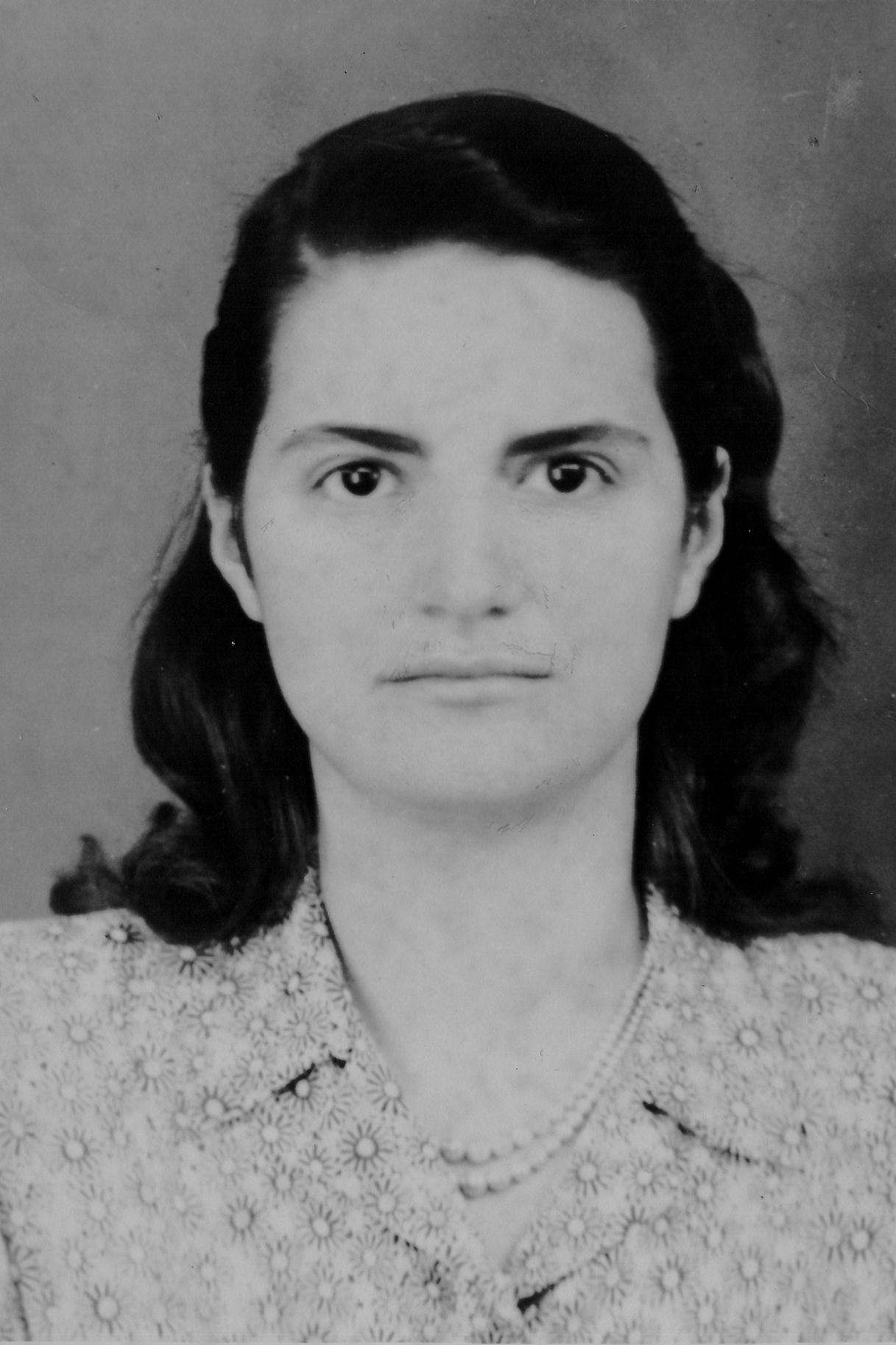
Marília Chaves Peixoto
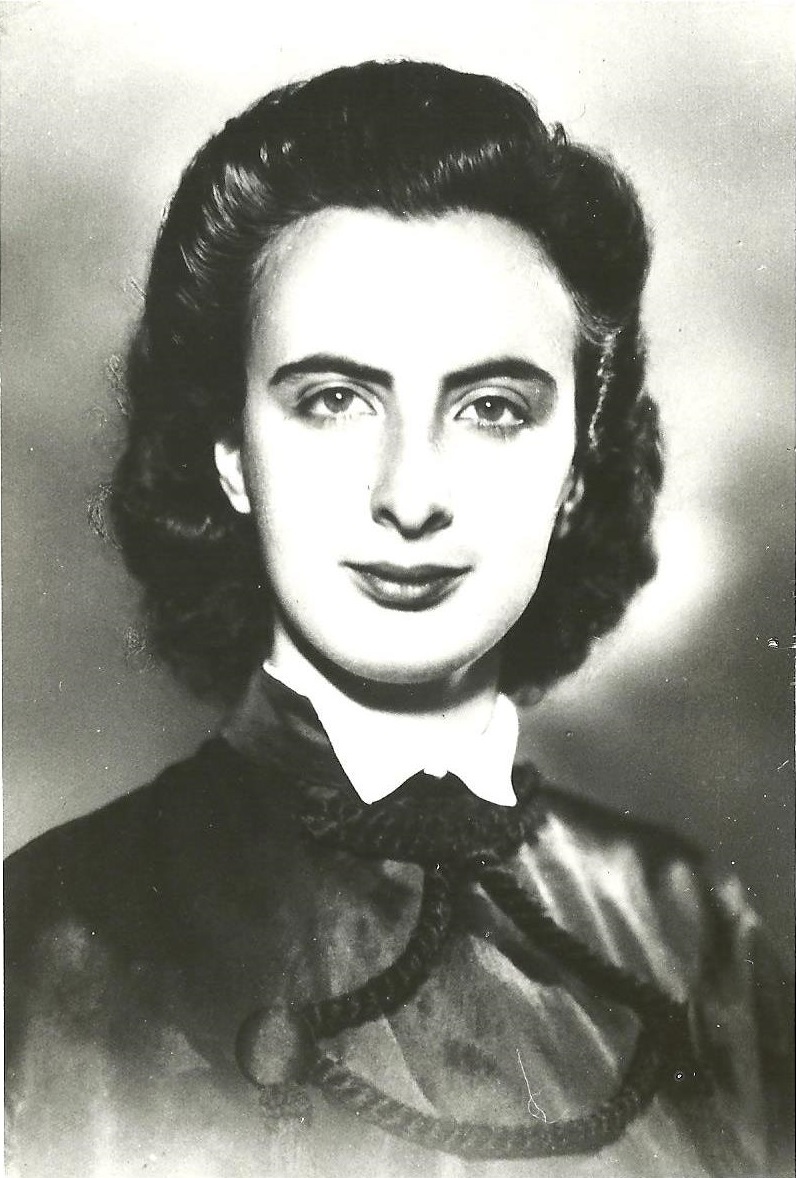
Elza Furtado Gomide
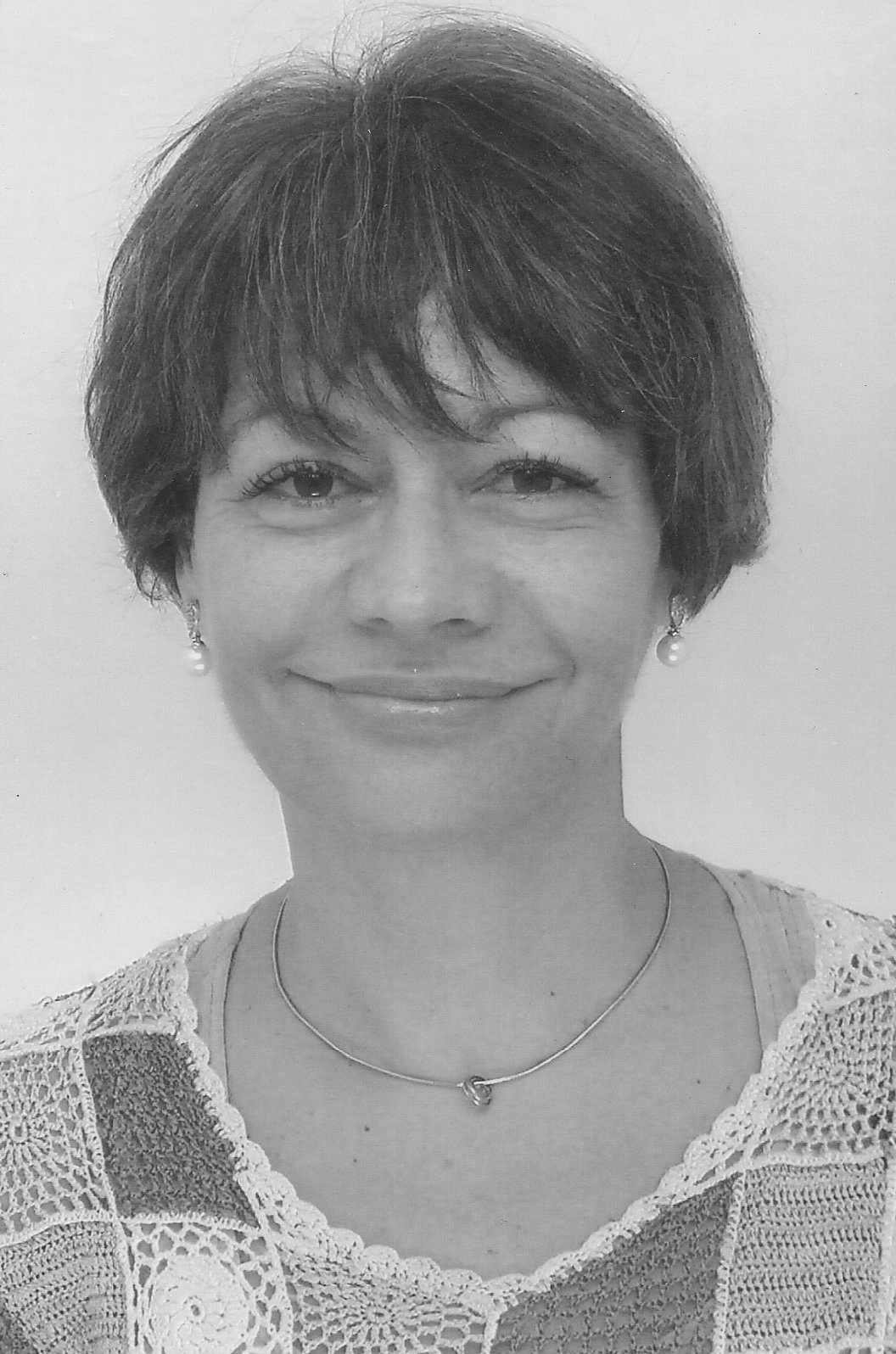
Claudia Sagastizábal
When it comes to graduate studies, around 27% of the degrees are obtained by women. Also, around 40% of faculty members at federal and state universities are female.
The new millennium has brought a stark increment in the number of actions towards balancing gender in numbers and role. CNPq, one of the main federal research funding agencies, initiated in 2005 the program Women and Science, whose main goal is to promote the participation of women in sciences and stimulate the scientific production and debate around gender relations and issues. It features a biennial call for research projects that focus on gender equality, and an annual prize, Building gender equality, directed to students at various levels.
Groups of women mathematicians, both professors and students, established at several universities promote debates on the subject, aiming at identifying the issues faced by women in the field, as well as at helping find solutions, pointing out how to improve the presence of women at all levels of the career.
In addition to specific meetings, such as the Paulista meeting of women in mathematics, and round tables held around the country on various occasions, we have witnessed actions to bring out female mathematicians as role models, such as the exhibit Women: Brazilian mathematical expressions, featured in 2017 at universities, public open spaces
and the Bienal de Matemática.
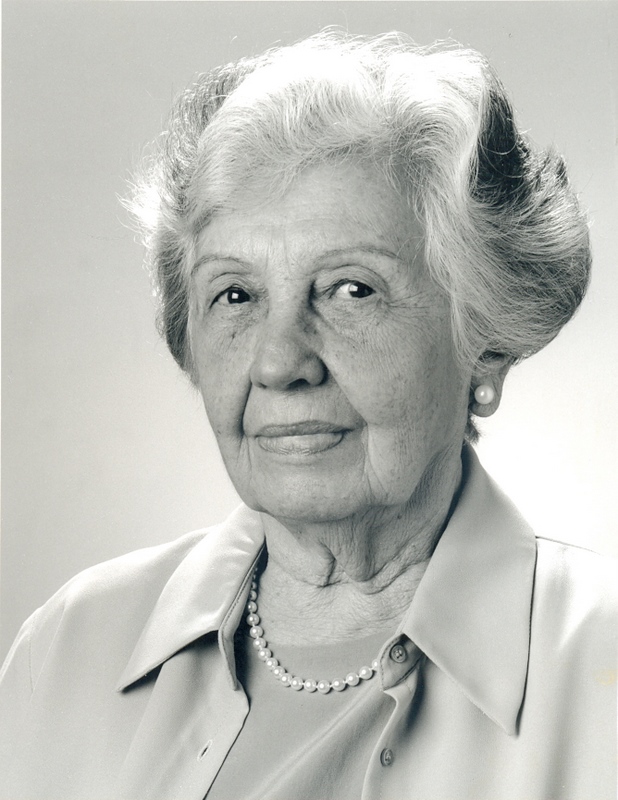
Maria Laura Leite Lopes
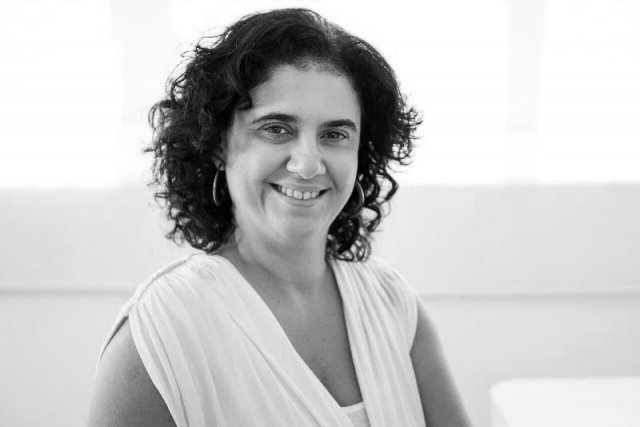
Tatiana Roque
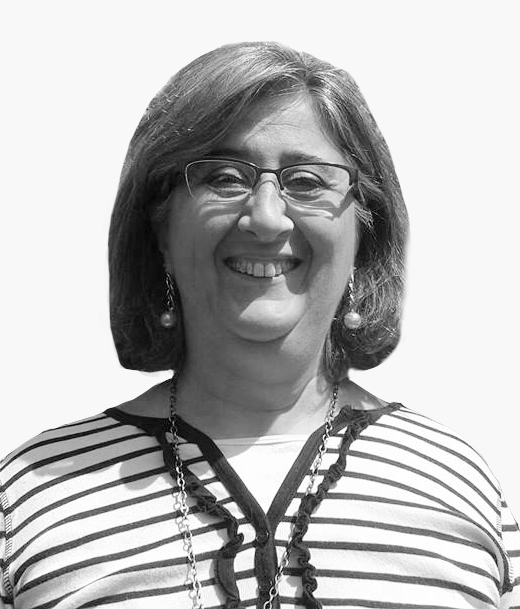
Helena Lopes
The years 2017 and 2018 will be special when it comes to women in mathematics in Brazil, with a countrywide cycle of debates and round tables, entitled Mathematics: a feminine noun, planned to take place at several federal and state universities. This was partly sparked by – and may be thought of as a build-up to – the coming World Meeting
for Women in Mathematics (WM2), which is expected to have about 600 participants.
The Olympic Girls IMPA Awards were created at the 2017 International Mathematical Olympiad to highlight and encourage the participation of female contestants, and will become a permanent feature of the contest. In their very first edition, the awards went for Garam Park (Botswana), Violeta Naydenova (Bulgaria), Qi Qi (Canada), Carolina Ortega (Colombia) and Dain Kim (South Korea).
Read more: IMPA and SBM launch document about Brazilian mathematics
Carl Størmer (1874-1957): Mathematician and paparazzo
Gregory Margulis: Barred by the Cold War
